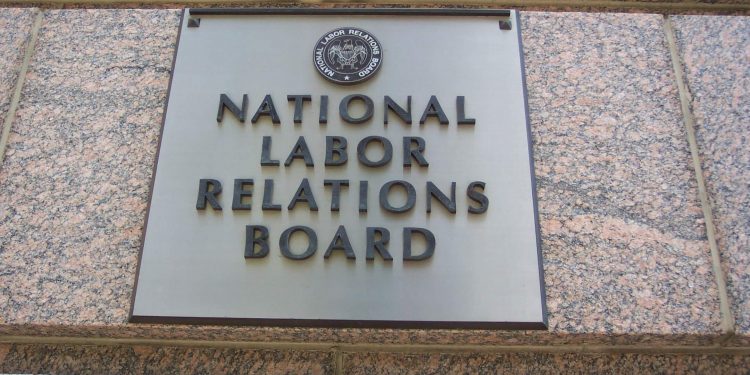
Scoring a win for job creators, the D.C. Circuit Court checked the arrogance of labor’s top mediator last week for its “persistent defiance of settled circuit precedent” and ruled against the NLRB
October 6, 2016

Scoring a win for job creators, the D.C. Circuit Court checked the arrogance of labor’s top mediator last week for its “persistent defiance of settled circuit precedent” and ruled against the NLRB
October 6, 2016
Scoring a win for job creators, the D.C. Circuit Court checked the arrogance of labor’s top mediator last week for its “persistent defiance of settled circuit precedent.”
On Friday, the Court ruled 2-1 against President Obama’s National Labor Relations Board and in favor of Heartland Plymouth Court, MI LLC, a Michigan health care provider. The decision wiped out the Board’s unlawful Order finding that Heartland had violated its collective bargaining agreement when it reduced employee hours. The Board is also responsible for Heartland Plymouth Court’s $18,000 in attorney fees.
In her opinion, Appeals Court Judge Janice Rogers Brown, found that the board flouted federal law by taking national labor policy to stubborn and oppressive levels:
As this case shows, what the Board proffers as a sophisticated tool towards national uniformity can just as easily be an instrument of oppression, allowing the government to tell its citizens: “We don’t care what the law says, if you want to beat us, you will have to fight us.”
Additionally, her opinion likened the NLRB to an unrestrained bully, and Heartland a victim:
Taken together, the Board’s conduct before our Court makes out a clear case of bad faith litigation. The standard for an award of attorney fees for bad faith is met “where the party receiving the award has been the victim of unwarranted, oppressive, or vexatious conduct on the part of his opponent and has been forced to sue to enforce a plain legal right.”
According to the court, the Board deliberately attempted to send a “chilling message” to the health provider and any other business in its “crosshairs” by recklessly challenging them to expend innumerable funds to defend themselves:
This roguish form of nonacquiescence assures the Board’s gambit is virtually cost-free—the Board either enjoys the fruits of a settlement, or it dares a party to employ “the money and power [needed] to pay for and survive the process of fighting with an agency through its administrative processes and into the federal courts of appeals.”
For too long, the NLRB’s rampant power has allowed the Board to trip-up job creators that legitimately question its authority with costly and time consuming legalese.